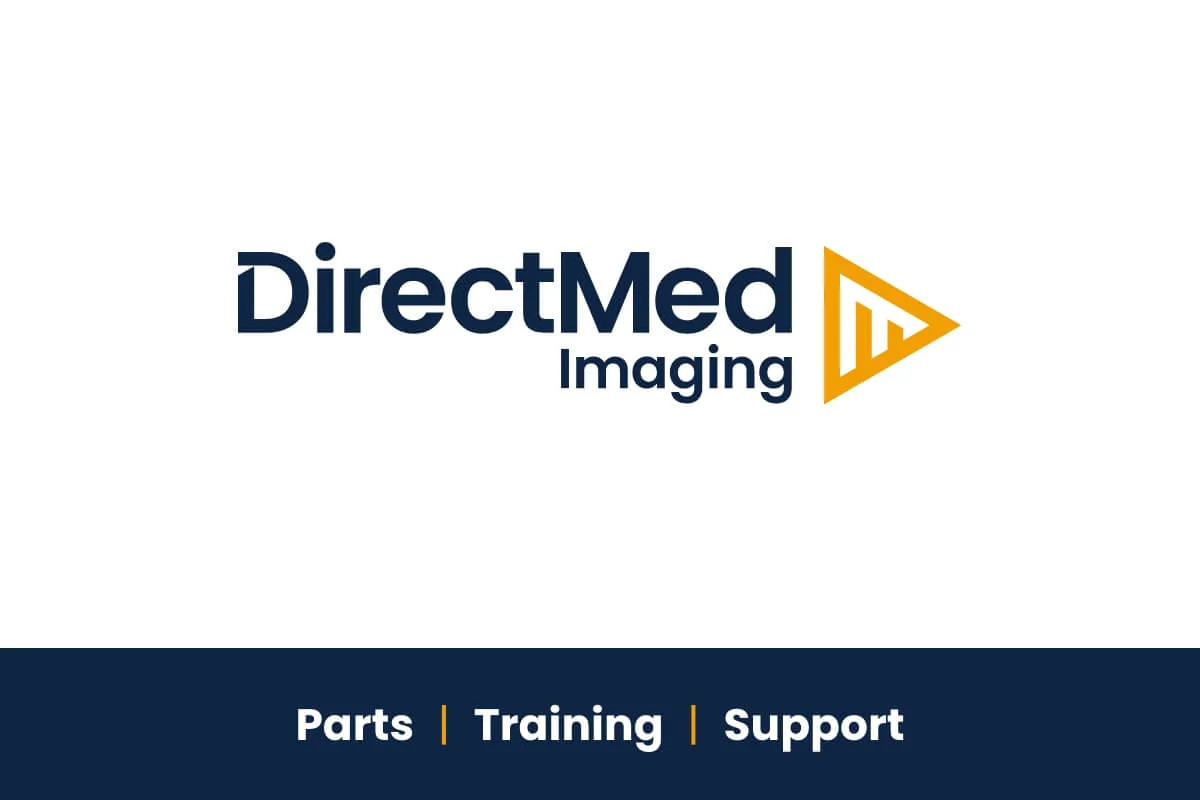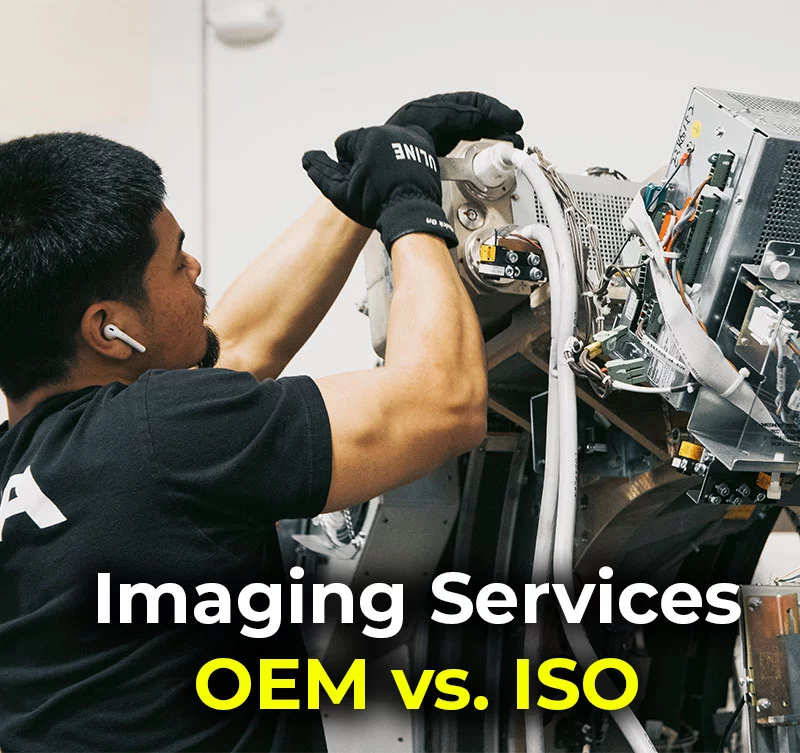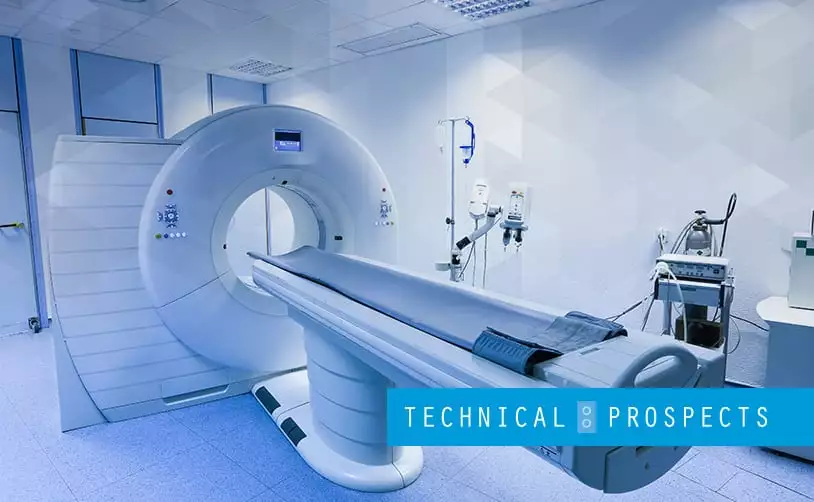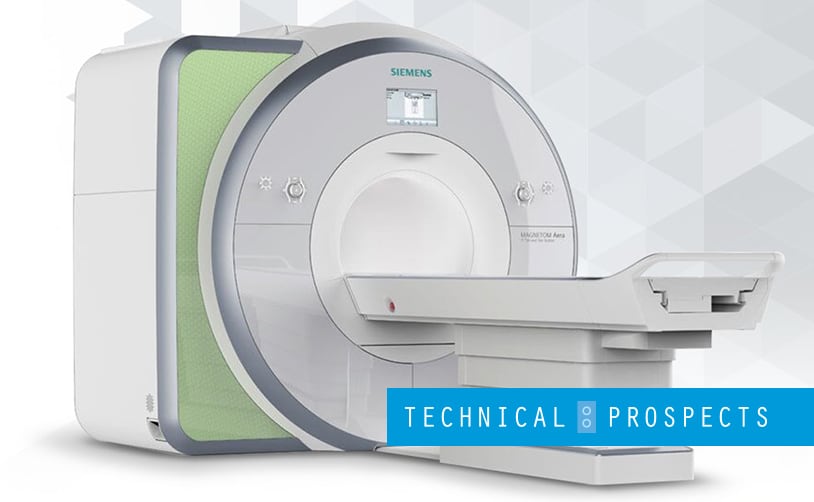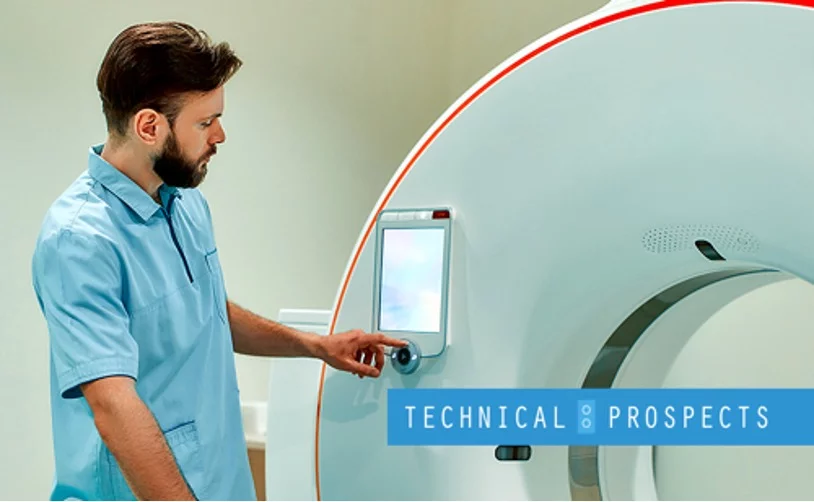When purchasing CT parts, it is essential to know how to operate each part and use each feature. CT scanners have various purposes in a medical facility, from inspecting bones for fractures to examinations of internal organs like the brain and stomach. A doctor can order a CT scan with or without contrast. It depends on the body part or the reason for the scan. Let us take a closer look at CT scan contrast.
What is CT scan contrast?
CT scan contrast is a dye administered before a CT scan. It highlights areas of the body, making them more visible under the scan. It blocks x-rays, so it shows up as white on CT images. There are various types of CT contrast, made from different compounds. Iodine-based contrast is one of the most widely-used, and it does not dye a patient’s organs permanently. Barium sulfate contrast is effective in surfacing images since it has a white, opaque appearance. Finally, gadolinium-based contrast, a heavy metal, is similar to iodine. However, it has a lower visibility than iodine, so facilities use it for patients allergic to iodine-based contrast.
How safe is CT contrast for humans?
Some people are uneasy about using CT scan contrast because it can cause mild to moderate allergic reactions. Itching, hives, diarrhea, stomach cramps, constipation, and red skin are all normal reactions to barium sulfate-based contrast.
Meanwhile, iodine-based contrast can cause flushing, vomiting, high or low blood pressure, wheezing, nausea, headaches, and shortness of breath in some people. In rare cases, there had been reports of convulsions and even cardiac arrest. As such, patients get uneasy with this type of contrast, especially with intravenous or rectal administration.
What’s more, studies show that gadolinium contrast can be toxic on its own and that patients can retain traces of it at times. Contrast agents with gadolinium could increase the risk of nephrogenic systemic fibrosis. This is a rare disease affecting people with severe kidney failure.
For the most part, though, the use of contrast has little to no controversy. Before having a scan, inform your doctor of your medical history, especially of kidney problems. Finding the right CT parts for a machine is necessary; likewise, ensuring that you’re using the right contrast for a patient is vital in keeping them safe during a procedure.
What else do we know about contrast agents?
Contrast agents have been in use for more than a century. When medical facilities started using x-rays as a diagnostic tool, they discovered that it is tricky to evaluate the urinary, gastrointestinal, and vascular systems using just x-rays. They first used lead acetate and bismuth staining agents. In 1910, scientists discovered that barium sulfate can be a contrast agent as well, and in 1929 researchers began looking into sodium iodide for imaging the ureters and kidneys.
Scientists are still researching different contrast agents. There are still things researchers are learning about using contrasting agents for CT scans. For instance, GE Healthcare recently developed a new iodine/mL injection for CCTA or coronary computed tomography angiography. It can help evaluate patients 12 years and older, assisting doctors in obtaining images of the arteries without the need for surgery.
Conclusion
A successful CT scan relies as much on the tools as the operator. Using the right CT scan contrast will help your medical professionals take the most precise images of the organ or part that needs attention. However, having a well-functioning machine is important, as well.
Direct Med Parts can help you maintain your imaging machines and keep them in top shape. Our inventory of over 8,000 GE, Siemens, and Phillips CT parts can ship anywhere in the U.S., 24/7. Call us today for a quote, or get in touch with us for more details.
